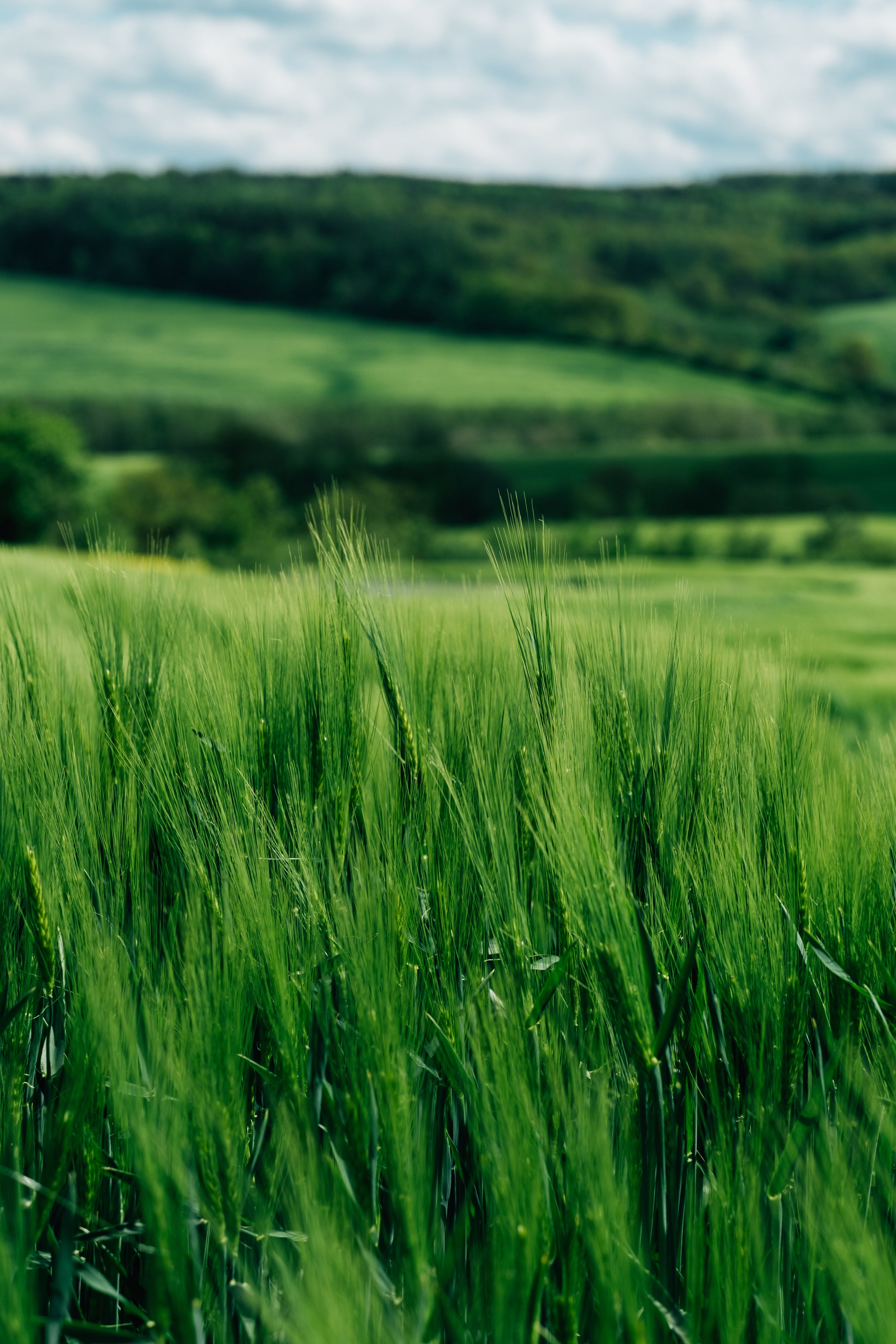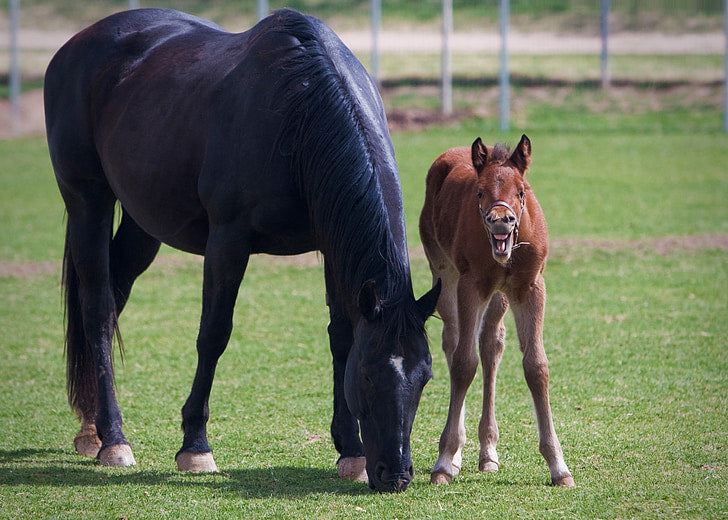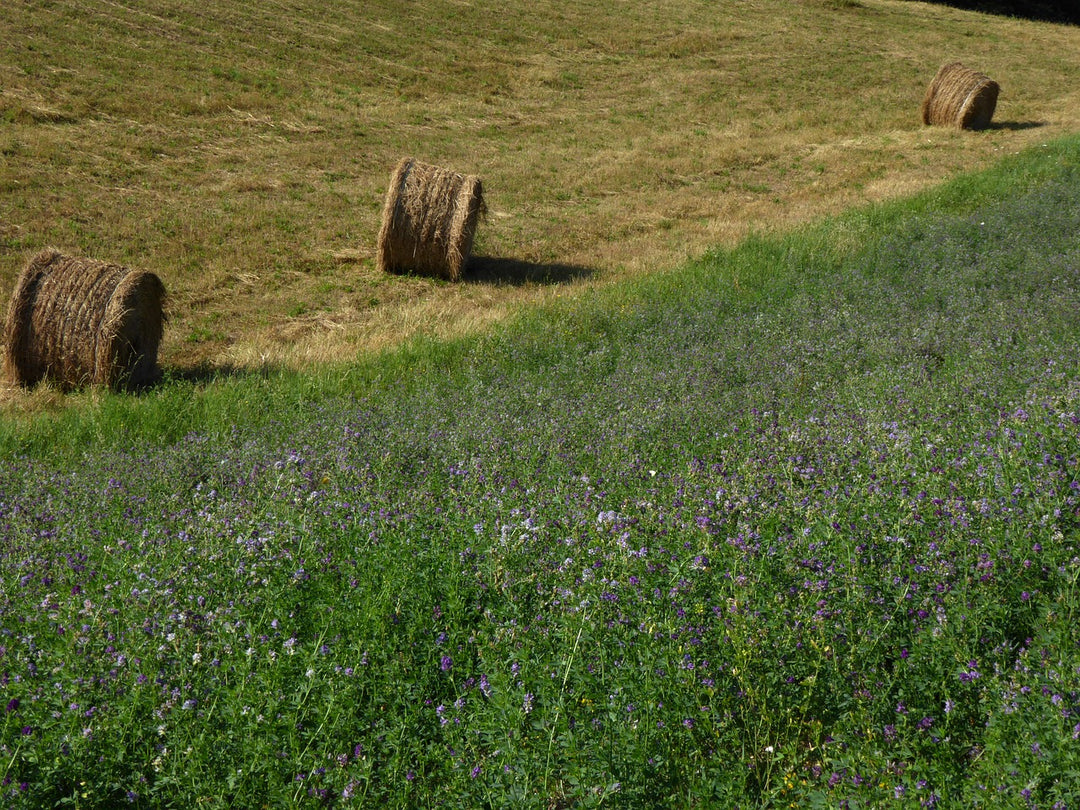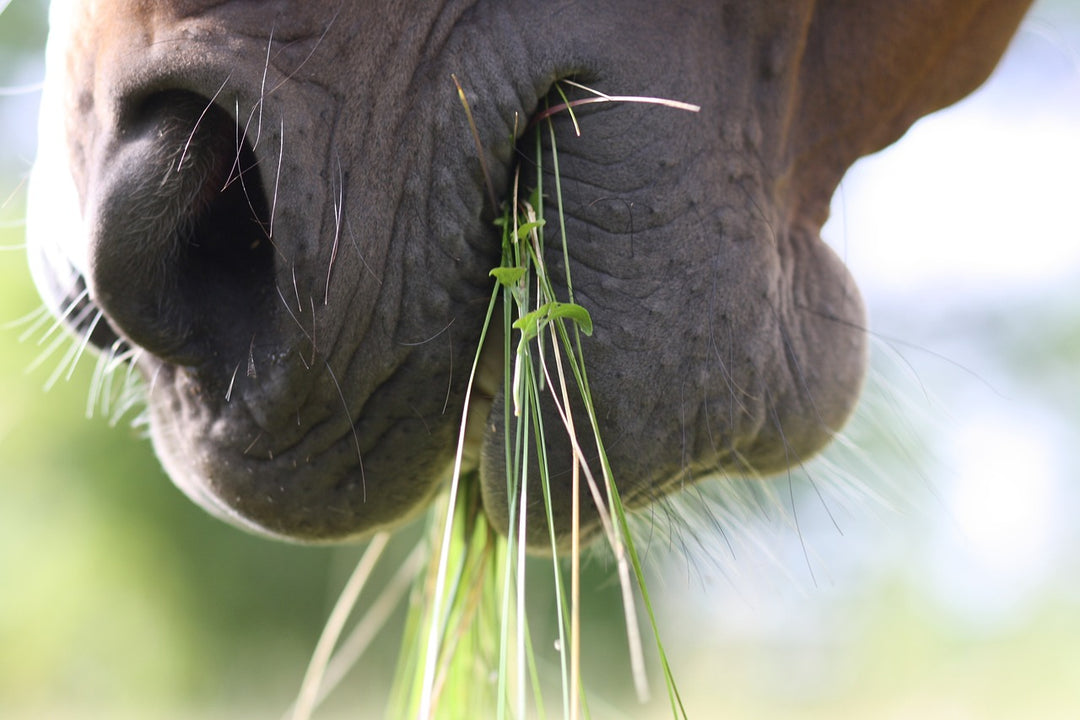Optimal Equine Nutrition: Bridging the Gap Between Wild and Domestic
In the wild, horses thrive by moving freely, grazing throughout the day, and covering extensive terrain to fulfill their nutritional needs. This diverse diet, rich in nutrients from various sources, minimizes deficiencies.
Recreating this ideal scenario in modern horse care can be challenging. However, here are some key principles to ensure your horse's well-being:
- Forage is Fundamental: Forage, which includes grass in turnout, hay, hay cubes, hay pellets, or hay stretcher products, should form the foundation of your horse's diet.
- Smart Feeding Practices: Implementing strategies like using a slow feeder, feeding multiple times daily, and soaking feed to regulate consumption helps mimic natural grazing habits. Regular turnout and exercise are also essential.
- Quality Feeds: Even when feeding high-quality concentrates or balancers, nutritional gaps can arise. This is where a comprehensive vitamin/mineral supplement comes into play, ensuring a well-rounded diet.
- Hair Mineral Analysis: Equine Balanced Support recommends using a Hair Mineral Analysis to pinpoint your horse's nutritional needs, potential toxicity, or gaps in their feeding program. This diagnostic tool provides valuable insights for tailored nutrition.
By following these guidelines, you can come closer to providing your horse with a diet that aligns with their natural instincts and supports their health and vitality.
Water in a Horse's Diet
- Hydration: Horses need water to stay properly hydrated, and dehydration can lead to numerous health issues. Adequate water intake is essential for maintaining a horse's bodily functions.
- Digestion: Water is crucial for the proper digestion of food. Horses primarily rely on forage in their diets, which contains fiber. Water helps break down this fiber and aids in the fermentation process that takes place in the horse's cecum and large colon, where microbial digestion occurs.
- Nutrient Absorption: Water is involved in the absorption of nutrients from the horse's digestive tract. It helps transport nutrients from the digestive system into the bloodstream, where they can be used by the body for energy and growth.
- Temperature Regulation: Horses dissipate heat primarily through sweating. In hot weather or during exercise, horses can lose a significant amount of water through sweating. Adequate hydration is essential for preventing heat stress and maintaining normal body temperature.
- Overall Health: Proper hydration is essential for a horse's overall health and well-being. It supports healthy skin and coat, hoof quality, and the functioning of vital organs, including the kidneys.
It's important to ensure that horses have continuous access to clean, fresh water. On average, a horse may drink 5 to 10 gallons (or more) of water per day, depending on factors like age, activity level, and environmental conditions. Monitoring a horse's water intake and providing clean water sources are essential aspects of responsible horse care. Proper hydration is a cornerstone of equine health and performance.

Macronutrients: The Foundation of Wellness
Click the drop downs to learn more about equine macronutrients!
Balancing soluble and non-soluble carbohydrates in a horse's diet is essential for their overall health, energy levels, and particularly crucial when managing conditions like Equine Metabolic Syndrome (EMS). Here's an enhanced guide:
1. The Importance of Non-Soluble Carbohydrates:
- Optimal Intake: Horses should ideally consume between 1% and 3% of their body weight in hay, which is abundant in non-soluble fibers such as cellulose and hemicellulose.
- Health Benefits: These fibers are essential for promoting gradual digestion, providing consistent energy, and supporting digestive health.
- Thermal Benefits in Cold Climates: The digestion of these fibers generates body heat, an important factor for horses in colder regions.
2. Soluble Carbohydrates for Immediate Energy:
- Energy Boost: Soluble carbs, found in sugars and starches, are quickly digested in the small intestine, offering a rapid energy source, beneficial for performance horses.
- Risks of Excess Intake: Overconsumption of soluble carbs, particularly NSCs in grains and lush pastures, can lead to health issues like blood sugar spikes, insulin resistance, and increased risks of laminitis and EMS.
3. Balancing Carbohydrate Types:
- Dietary Equilibrium: A horse's diet should have a balanced mix of soluble and non-soluble carbs, customized to their activity level, health status, and metabolic needs.
- Lower NSC Diet for Metabolic Disorders: For horses prone to metabolic disorders like EMS, a diet lower in NSCs and higher in fiber is recommended.
- Regular Monitoring: Continual monitoring and dietary adjustments are key to addressing the horse's changing needs and maintaining optimal health and performance.
By carefully managing the types and amounts of carbohydrates in a horse's diet, especially for those with EMS, you ensure they receive the right mix of energy and health benefits. This approach keeps them active, healthy, and content, contributing to a well-balanced and fulfilling equine life.
While it's common to consider adding fat to a horse's diet primarily for weight gain, fats play a much broader role in equine health. Here's an insightful look into the importance of fats in your horse's diet:
1. Fats as an Efficient Energy Source:
- Energy Density: Fats provide a concentrated source of energy, making them an efficient fuel for horses, especially for those engaged in endurance or high-performance activities.
- Sustained Energy: Unlike carbohydrates, which can cause spikes in energy, fats offer a more consistent and sustained energy release, beneficial for maintaining stamina over longer periods.
2. Essential for Absorption of Vitamins:
- Nutrient Absorption: Certain vitamins, such as Vitamins A, D, E, and K, are fat-soluble, meaning they require fat for their absorption and utilization in the body.
- Overall Health: Adequate fat in the diet ensures that horses can fully benefit from these essential vitamins, contributing to their overall health and well-being.
3. A Healthier Alternative to High Starch and Sugar Diets:
- Reducing Health Risks: Diets high in starches and sugars can lead to various health issues in horses. By increasing the fat content in the diet, you can maintain energy levels and weight while reducing the reliance on starchy grains.
- Preventing Metabolic Disorders: This approach is particularly beneficial for horses prone to metabolic disorders, as it helps in managing blood sugar levels and reduces the risk of conditions like insulin resistance.
4. Sources of Fats in Equine Diets:
- Natural Sources: Fats in a horse's diet come from various sources, including grains, seeds, and nuts. Forages also provide some level of fat, primarily in the form of essential fatty acids.
- Supplemental Fats: For horses requiring additional fat in their diets, options include flaxseed and coconut oil.
5. Tailoring Fat Intake to Individual Needs:
- Customized Diets: The amount and type of fat included in a horse's diet should be tailored to their specific needs, considering factors like activity level, health status, and individual metabolism.
- Consultation with Nutritionists: Working with an equine nutritionist can help ensure that the macronutrients in your horse's diet, including fats, meet their daily nutritional needs effectively.
In summary, fats are a crucial component of a horse's diet, offering benefits far beyond mere weight gain. They provide a dense energy source, aid in the absorption of vital vitamins, and offer a healthier alternative to high-starch diets. By understanding and appropriately incorporating fats into your horse's diet, you can significantly enhance their energy levels, health, and overall performance.
Often misunderstood as a primary energy source in a horse's diet, protein has a multifaceted role that extends beyond merely providing calories. Instead, it serves as a cornerstone of equine nutrition, contributing to several vital functions within the horse's body.
Understanding Protein's Primary Functions
- Beyond Energy: Contrary to common belief, protein is not an efficient source of energy in horses. Its primary value lies in its crucial role in bodily functions.
- Building and Repairing Tissues: Proteins are essential for the synthesis and repair of body tissues, including muscles and hooves, which are vital for a horse's physical strength and structural integrity.
Amino Acids: The Fundamental Components
- Essential Amino Acids: Proteins consist of amino acids, many of which are essential and must be obtained through the horse's diet, as they cannot be produced internally.
- Diverse Biological Roles: These amino acids are indispensable for a range of bodily functions, including supporting the immune system, regulating hormones, and facilitating enzyme activities.
High-Quality Protein Sources for Horses
- Ideal Protein Sources: Quality sources of protein for horses include legumes like alfalfa, grass hay, and flaxseed meal.
- Ensuring a Balanced Diet: Incorporating these sources into a horse's diet is key to providing the necessary amino acids for their health and well-being.
Tailoring Protein Intake to Individual Needs
- Varied Protein Requirements: The protein needs of horses differ based on factors such as age, growth phase, reproductive status, and level of activity. Young horses, pregnant or lactating mares, and performance horses generally require higher levels of protein.
- Avoiding Excessive Intake: While adequate protein is essential, it is equally important to avoid excessive amounts, as this can lead to health complications and is metabolically taxing for horses.
Customizing Protein in Equine Diets
- Personalized Nutrition Plans: The protein content in a horse's diet should be carefully adjusted to meet their specific requirements, ensuring optimal health and performance.
- Expert Advice: Consulting with an equine nutritionist is advisable to develop a diet that accurately meets the protein needs of your horse.
In summary, protein plays a pivotal role in equine nutrition, essential for muscle development, tissue repair, and overall growth. A thorough understanding and careful management of protein intake are crucial in supporting the health, development, and performance of horses. This approach underscores the importance of a well-balanced and thoughtfully tailored diet in equine care.
Vitamins are crucial for maintaining equine health, supporting everything from vision to muscle function. They play key roles in the metabolic processes of horses and are essential for proper growth, development, and overall well-being.
Key Vitamins and Their Functions:
- Vitamin A: Essential for vision, immune function, and skin health.
- B Vitamins (B1, B2, B6, B12): Crucial for energy metabolism, nerve function, and red blood cell formation.
- Vitamin Biotin (B7): Supports hoof health and coat quality.
- Vitamin C: An antioxidant important for tissue growth and repair.
- Vitamin D: Crucial for bone development and calcium absorption.
- Vitamin E: Acts as an antioxidant, protecting cells from damage and supporting muscle and neurological functions.
- Vitamin K: Important for blood clotting and bone metabolism.
Ensuring Adequate Vitamin Intake:
A balanced diet is typically sufficient to meet a horse's vitamin needs. However, horses with limited access to fresh forage those under increased stress from competition or illness may require supplemental vitamins.
Contact Equine Balanced Support to tailor vitamin supplementation to your horse’s specific needs, ensuring optimal health.
Minerals are inorganic substances required in small amounts for a variety of body functions including bone formation, nerve function, muscle activity, and overall health maintenance.
Essential Minerals and Their Benefits:
- Calcium and Phosphorus: Vital for strong bones and teeth.
- Cobalt: Part of the Vitamin B12 structure; supports red blood cell production.
- Iodine: Important for thyroid function and metabolic regulation.
- Iron: Essential for oxygen transport in blood.
- Magnesium: Important for muscle function and enzyme activation.
- Manganese: Necessary for bone development and enzyme function.
- Sodium and Chloride: Crucial for fluid balance and nerve transmission.
- Sulfur: Plays a role in protein synthesis and is a component of collagen and keratin in hooves and hair.
- Zinc, Copper, and Selenium: Support immune function and play roles in hoof and coat health.
Balancing Mineral Intake:
The balance of minerals is crucial; an excess or deficiency can lead to health issues. For instance, an imbalance in calcium and phosphorus can affect bone growth and durability. It’s important to provide a diet that includes a balanced mineral mix tailored to your horse's age, activity level, and health status. Regular blood work can help monitor mineral levels and adjust the diet as needed.
Consultation and Management:
Regular consultations with an expert are recommended to ensure that your horse's mineral requirements are met, especially if you are using supplements or if your horse has special dietary needs.
Contact Us
Health Considerations for Horses
Feeding and exercise programs impact the health and well-being of the horses in our care. Two problems directly linked to these practices are Ulcers and Equine Metabolic syndrome. Although not entirely preventable, educated choices and planning can reduce the risk of developing either problem.
Uclers
Many factors contribute to the likely hood of a horse getting ulcers. A well-planned management program can decrease this risk significantly. A feed regimen that consists of ample hay feed throughout the day and minimal concentrates feed in small amounts multiple times throughout the day is best. Keeping the horse chewing for many hours dilutes stomach acids and prevents extended periods with an empty stomach. Feeding hay out of slow feeders when possible, will increase the time it takes the horse to finish eating, decreasing time with an empty stomach.
Providing hay before working your horse will help protect the stomach lining during exercise. In addition, consistent access to salt and fresh water will help the horse stay adequately hydrated, which supports proper pH in the stomach and promotes intestinal motility.

Equine Metabolic Syndrome
EMS is a disorder of the endocrine system with a genetic component, but environmental factors also play a role. In particular, overfeeding and lack of exercise can lead to obesity, which contributes to insulin resistance development, similar to type-two diabetes in humans. Also, like diabetes, starch and sugar consumption are significant factors.
Suffering from EMS makes a horse more prone to laminitis, a life-threatening disease of the lamina in the hooves. If you have concerns that your horse may be suffering from EMS, it is crucial to discuss this with your veterinarian. Running diagnostic tests is essential to confirm because other diseases can cause similar problems, and treatment will vary.
Calcium Phosphorus Ratio
Calcium and Phosphorus are vital minerals in a horse's diet for more than strong bones. 2:1 is the ideal ratio of Calcium/Phosphorus in a horse's diet. Calcium is necessary for the neuromuscular system and plays a role in blood coagulation. Among other functions, Phosphorus helps maintain pH level balance and energy metabolism. A diet with more Phosphorus than Calcium can lead to Calcium deficiencies because Phosphorus binds with Calcium in the horse's digestive tract preventing Calcium from being absorbed.
Hair Mineral Analysis
A test on a small amount of your horse's mane can provide invaluable information to help understand their nutritional needs. By comparing the mineral levels, you can determine how well their metabolic system is functioning and gauge the entire body's chemistry and stress levels—using this data; we create an individualized supplementation program. With this targeted approach, you provide the specific nutrients needed to move your horse closer to optimal health.
Have a question about your specific horse?
Ask below!
